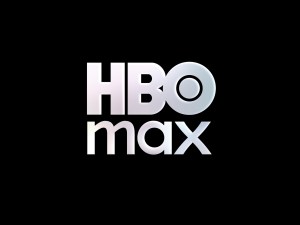While many Americans are hoping for a second stimulus check to help with the financial strains brought on by the coronavirus pandemic, Senate Republicans have proposed a new bill with no stimulus payment option. Additionally, the “skinny” stimulus package also does not include any student loan relief, per Forbes. The drafted bill comes after negotiations between the White House and top Democrats broke down when an agreement could not be reached.
While the bill does not feature financial help in these two specific areas, it does include reduced federal unemployment benefits — $300 per week — which is half of what the CARES Act provided. This matches what President Trump has directed FEMA to provide, per executive orders signed after the stimulus bill talks hit an impasse. On its FAQ page, FEMA clarified that states have until Sept. 30 to submit their “applications and completed administrative plans… in order to be considered for a grant.” The department went on to share, “The Presidential Memorandum was signed on August 8 and FEMA awarded the first four grants on August 14. FEMA must first receive an application from a state/territory.”
Videos by PopCulture.com
Notably, the stock market has seen a lot of growth over the past few months, which some have pointed to as possibly making lawmakers rethink the need for a second round of stimulus payments. Many economy experts disagree with this notion, however, as they warn that the upward trend could shift back downward. “I think it will cross over a line where they care,” said Peter Boockvar, chief investment strategist at Bleakley Advisory Group. “I think the market is in suspended animation of believing there will be a magical deal.”
“What they’re not grasping is any deal, any extension of unemployment benefits, is going to be smaller than it was, and the rate of change should be the most important thing investors focus on,” Boockvar later added. “Not the binary outcome of whether there’s a deal or no deal. There’s going to be less air going into the balloon.”
Mark Zandi, chief economist at Moody’s Analytics, also offered some insight. “I think in August and September, there will be a lot of Ws, if there’s not more help here,” said Zandi, describing how the rising and falling of the numbers on a stock chart can resemble a W. “It’s clearly perplexing. It may take the stock market to say we’re not going to get what we expect, and sell off and light a fire.”









